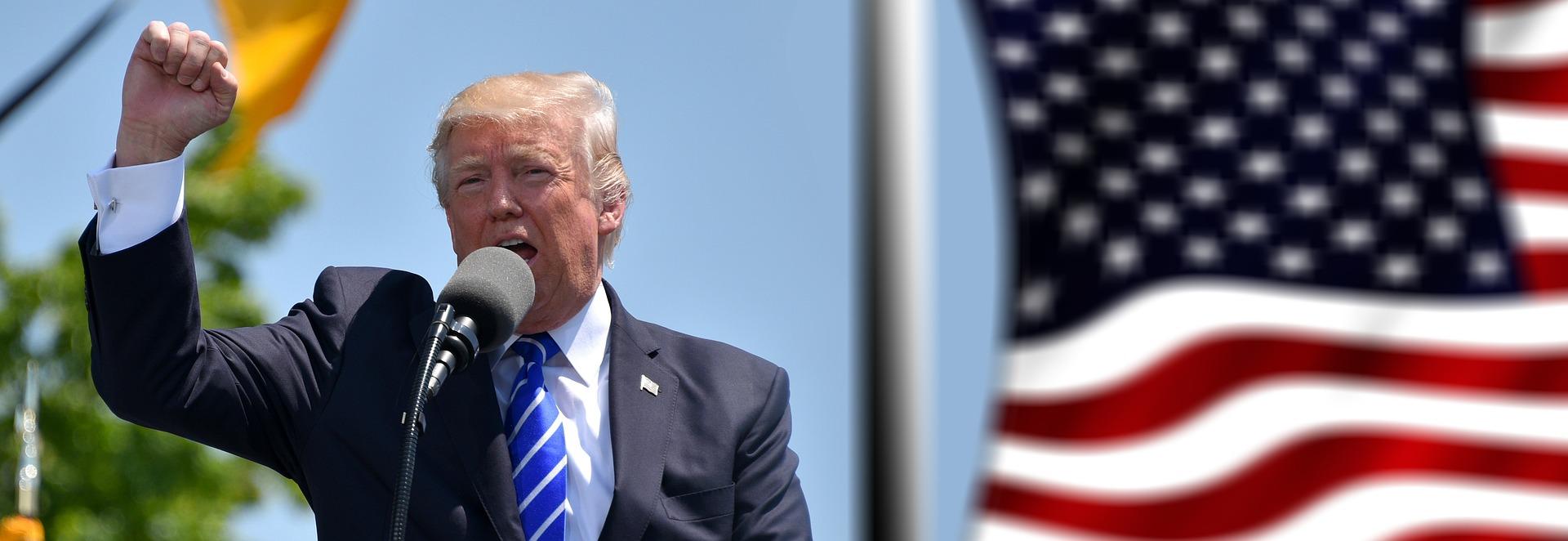
With only days remaining before the reciprocal tariffs deadline, President Donald Trump’s administration is weighing an aggressive approach by implementing higher and broader tariffs on imported goods. According to reports from The Wall Street Journal, the administration is considering a potential tariff increase of up to 20%, a move that could significantly impact international trade relations.
The April 2nd deadline is a key moment in the ongoing trade negotiations, but it does not mark the end of tariff-related uncertainty. While most countries have refrained from making official responses thus far, many are closely monitoring the U.S. announcement before deciding on their countermeasures.
Mexico, in particular, is expected to react swiftly, with its government planning to impose retaliatory tariffs as soon as Thursday, April 4th. Other major trading partners, including the European Union and China, are likely to follow suit based on the U.S. administration’s final decision.
Trade analysts warn that a tariff escalation could have far-reaching economic implications, potentially driving up consumer prices and disrupting supply chains. While President Trump has long advocated for stronger trade policies to protect American industries, critics argue that such moves could lead to strained diplomatic relations and increased economic volatility.
As the world awaits President Trump’s official announcement on Wednesday, investors and businesses remain on high alert, bracing for potential shifts in the global trade landscape. The coming days will be crucial in determining the direction of U.S. trade policy and its ripple effects on the global economy.
Disclaimer: This article is for informational purposes only and does not constitute financial or investment advice. The information provided is based on publicly available reports and may be subject to change. Readers are encouraged to conduct their own research before making any financial or business decisions.




